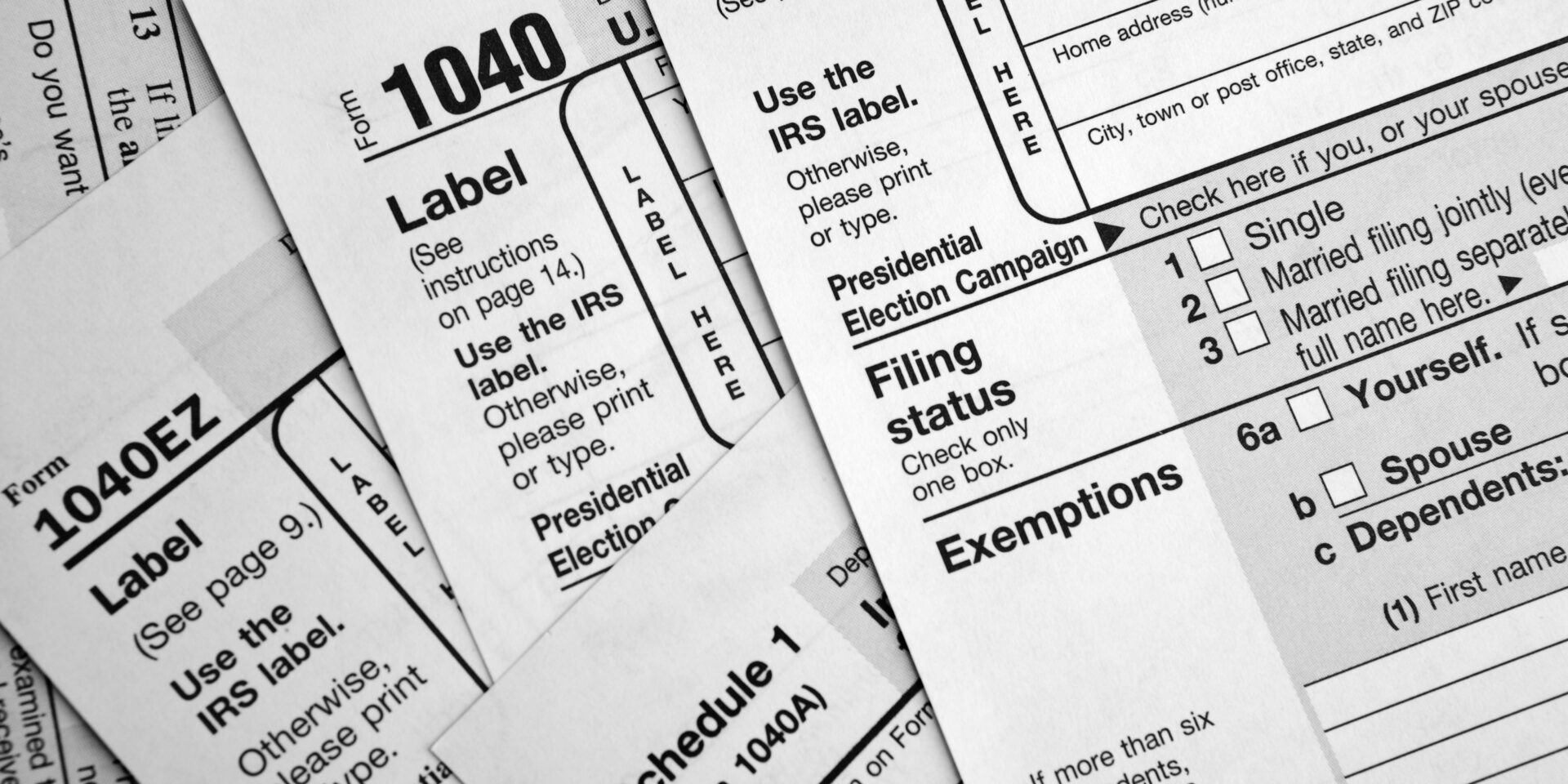Language:
How to Choose a Business Bank Account?

Whether you’re just starting a new business venture or aiming to streamline your established operations, the right business bank account can significantly boost your financial prowess.
As a vital cornerstone in managing finances, choosing a business bank account is an essential step toward achieving your entrepreneurial goals. Let’s look into the key aspects of how to choose a business bank account — ensuring you can navigate financial hurdles with ease, and steer your business to success.
4 Types of Business Bank Accounts
Before diving into the nitty-gritty of selecting the perfect bank account, it’s crucial to understand the various types available to businesses.
These distinct options cater to different needs and sizes of businesses, providing a range of features from basic transactions to sophisticated financial management tools. Let’s explore the common types of business bank accounts below:
1. Business Checking Account
A business checking account is an essential tool designed for managing daily financial tasks, such as processing deposits and withdrawals, issuing checks, and executing electronic payments. Typical features include access to a debit card, online banking facilities, and checkbooks.
2. Business Savings Account
A business savings account is designed to help businesses save and earn interest on excess funds while building reserves. Although it typically offers a lower interest rate compared to personal savings accounts, it comes with the advantage of easy fund transfers to a linked checking account — providing convenience and flexibility for managing business finances.
3. Business Money Market Account
Akin to a business savings account, a business money market account offers the advantage of accruing interest on your deposits while maintaining the fluidity of accessing funds as required. Generally, these accounts yield higher interest rates than standard savings accounts, although they may stipulate a higher minimum balance requirement.
4. Business Certificate of Deposit (CD)
This account involves depositing a certain amount of money for a specified period of time, which can range from a few months to several years. CDs generally offer higher interest rates than savings or money market accounts. However, they limit access to the deposited funds until the agreed-upon maturity date.
Business Checking Account vs Business Savings Account
When it comes to managing your business’s finances, choosing the right bank account can make all the difference in ensuring smooth operations and financial control. Here is an explanation of the difference between a business checking account and a business savings account, along with considerations for choosing the best option:
Business Checking Account
- Designed for day-to-day financial transactions.
- Allows depositing and withdrawing funds, writing checks, and making electronic payments.
- Offers features like debit cards, online banking, and checkbook access.
- Provides easy access to funds for regular business expenses.
- Suitable for managing cash flow and handling daily financial transactions.
Business Savings Account
- Tailored for businesses to save excess funds, earn interest, and accumulate reserves.
- Offers a lower interest rate compared to personal savings accounts.
- Provides the option to transfer funds easily to a linked checking account.
- Ideal for setting aside money for future business needs or emergencies.
- Helps businesses grow savings over time.
Choosing the Best Account
- Consider the specific needs and goals of your business.
- If your primary focus is managing daily transactions, a business checking account is essential.
- If you have extra funds that you want to save and earn interest on, a business savings account is a good option.
- In many cases, it is beneficial for businesses to have both types of accounts to separate operating funds from savings and reserves.
- Review the features, fees, and requirements of different bank accounts to find the best fit for your business’s financial needs.
10 Considerations For Choosing a Business Bank Account
It may seem straightforward to shop around and pick a convenient bank account for your business, but the fact is, there are many options that can present obstacles, which can be time-consuming, complex, and cumbersome.
That said, here are the top 10 considerations for you to keep in mind when choosing a business bank account.
1. Identify Your Business Requirements
Do you know what to prioritize for your financial needs? Identifying the essential components of your business operation lays the foundation upon which your business is built. So, make sure that choosing the ideal business account meets your specific financial needs.
You can begin by taking into account aspects like the volume of transactions you regularly deal with, your cash flow tendencies, the variety of payment methods employed (such as online, face-to-face, checks), the existence of international transactions, and if you foresee requiring auxiliary financial services like loans or lines of credit.
2. Research Available Options
Once you know your business requirements, it’s time to dive into researching the available options for business bank accounts. Explore different banks and financial institutions to find the ones that meet your criteria.
Look for banks with a solid reputation, excellent customer service, and a track record of providing reliable banking solutions to businesses. Additionally, consider the range of account options they offer and ensure that they align with your specific business needs.
This research will help narrow down your choices to the banks that best fit your requirements and preferences.
3. Compare Account Features
When comparing bank account options for your business, examine the features and benefits of each. Consider factors such as fees, ATM access, mobile banking options, online banking capabilities, and integration with accounting software.
For businesses with global operations, assess the bank’s global banking capabilities and services for currency exchange rates and clarify the type of documents you need to qualify.
4. Analyze Fee Structures
While banks can be helpful partners for your business, it’s important to be aware of potential pitfalls, such as hidden terms and fees that can impact your account.
Pay close attention to fees such as monthly account maintenance fees, transaction fees for deposits and withdrawals, fees for transfers, and overdraft fees.
5. Assess Online and Mobile Banking Capabilities
In our current digital era, ease of access to your business accounts is paramount. Review the online banking interface and mobile application provided by each banking institution. Seek functionalities that cater to your requirements, including instant transaction monitoring, bill settlement features, mobile check deposit, and account notifications.
Possessing these capabilities in the palm of your hand enhances the convenience and efficiency of managing your business finances. Moreover, you can monitor your transactions and financial operations round-the-clock and from any location.
6. Consider Customer Service
A bank that offers exceptional customer support through various channels such as; phone, email, or in-person assistance can drastically improve productivity and save hours of lost time.
Opting for a bank with reliable and responsive customer service also ensures that you receive the assistance you need promptly — making your banking experience smoother.
7. Explore Additional Financial Services
As you plan for your business’s future, it’s important to explore the availability of additional financial services offered by the bank. Consider services like business loans, lines of credit, merchant services, payroll services, or business credit cards.
Having these services available through the same bank can streamline your financial management and provide a comprehensive solution for your business’s financial needs.
8. Accessibility and Convenience
Location and ease of access can play a big role in your business ventures. Consider what your business needs, such as access to an ATM, a branch office in a physical location, or online services.
Thus, it’s important to understand the process and requirements for opening a bank account — especially if you are an international business looking to open a U.S. bank account.
9. Look for Account Perks and Benefits
Don’t underestimate the perks and benefits you can get from a particular bank account. You should look for compelling offerings like cashback rewards, complimentary account management utilities, loyalty programs, and attractive interest rates on deposits. Such perks add substantial value to your banking experience and aid your business in increasing savings and earnings.
10. Read the Terms and Conditions
Lastly, it’s imperative to carefully read and understand the terms and conditions of the business account you choose. Take time to understand the contractual obligations, mandatory minimum balances, and any hidden fees or restrictions that may affect your business.
Getting Your Bank Account in the Black
Choosing the right business bank account is a key business decision, and it can offer a plethora of benefits to streamline your finance management. But, when push comes to shove, it may not be so easy to organize your finances while you focus on building your business. And it’s a common theme among business owners — but the ones who thrive, are those who seek help.
At doola, we’re your go-to bookkeeping partner to assist in keeping your cash flow up-to-date and legally compliant. No more headaches during tax time and whether your finances align with your business ventures. Contact us today for a free consultation, and we’ll give you the insight you need to get your business bank account in the black.
FAQ
What should I consider when choosing a business bank account?
Consider your specific financial needs, including the volume and types of transactions, cash flow patterns, and any anticipated future services like loans or credit lines.
Can I open a business bank account online?
Yes, there are many banks that offer to open an account online.
Do I need to have a separate business bank account?
Although you are not required by law to maintain a business bank account, it is advisable to have one to protect your personal assets and keep your finances separate in the event of a legal dispute.
Keep reading
Start your dream business and keep it 100% compliant
Turn your dream idea into your dream business.















